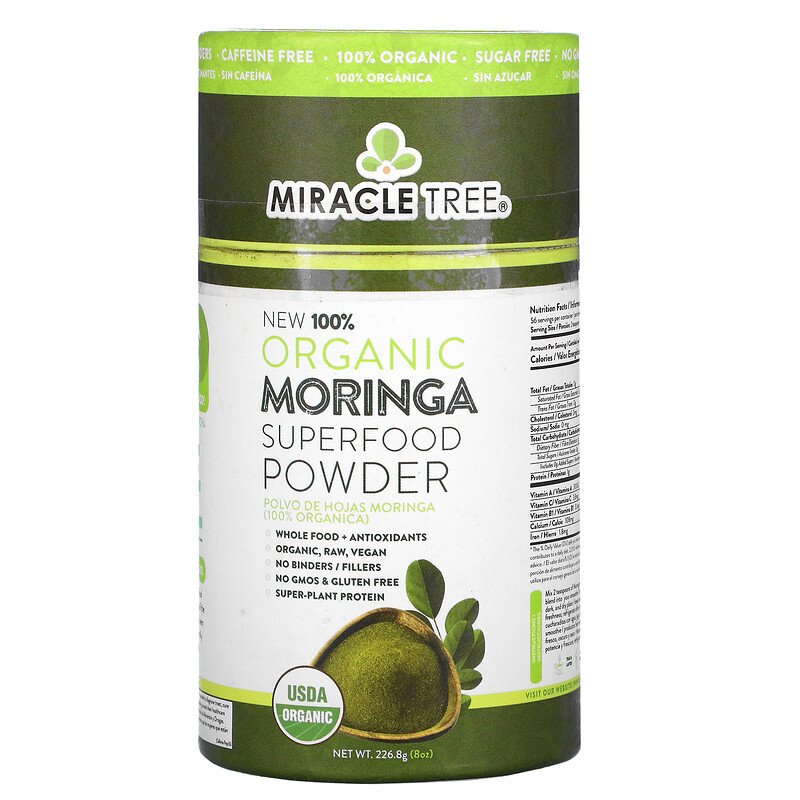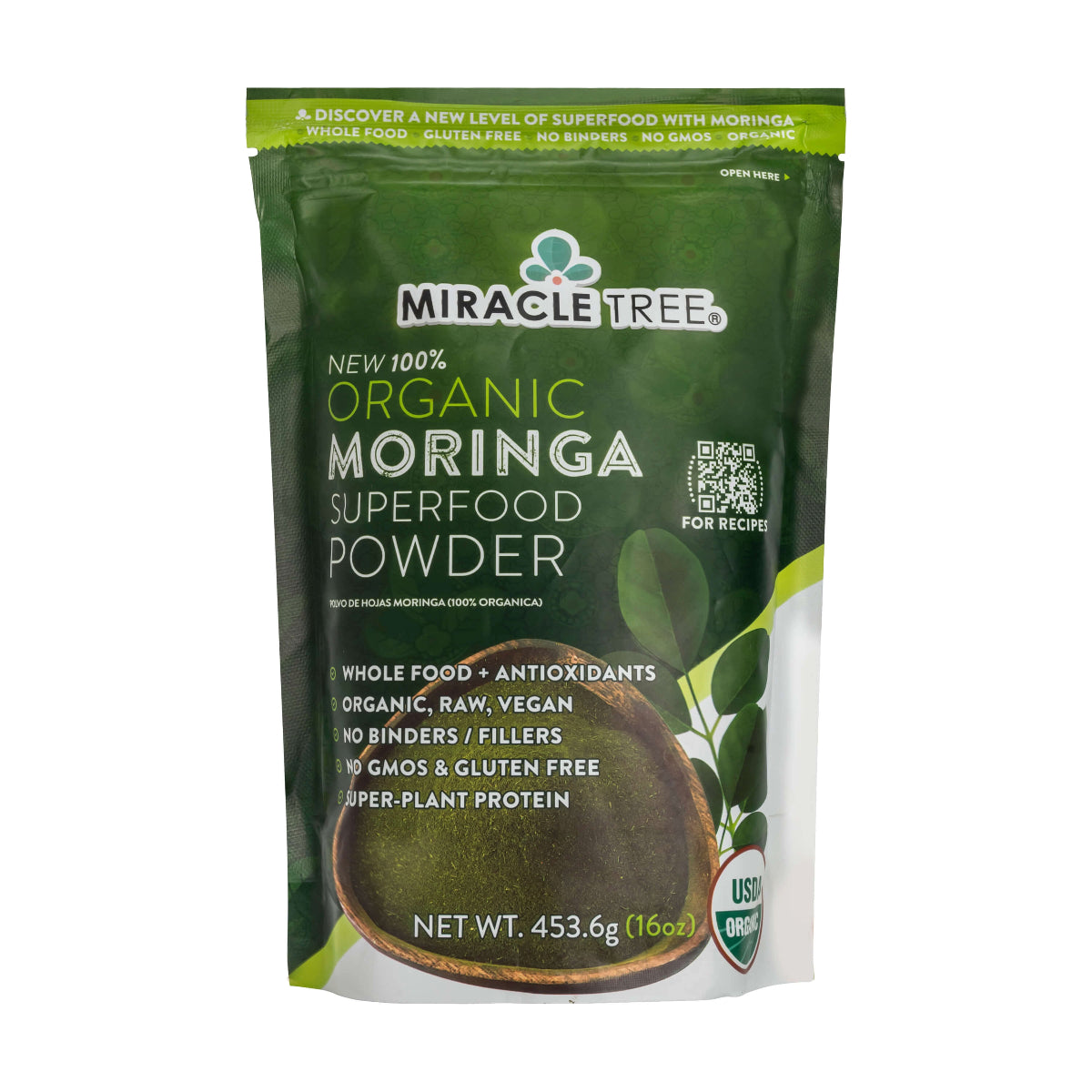Learn about the symptoms and causes, as well as the recommended diet and foods to increase potassium intake
From regulating muscle contractions and fluid balance to maintaining healthy nerve function, potassium is an essential mineral that is necessary for the normal functioning of the body. However, due to the western-style diet that is dominated by processed food, low potassium levels or hypokalemia has become an alarming problem, particularly in the USA.
A study examined potassium deficiency in the USA by collecting data from about 29,000 men and 30,000 women between ages 12 and 80 years old. The results showed an apparent decline of serum potassium in the US population from 1999 to 2016. Moreover, 98% of Americans eat a potassium-deficient diet because they don’t eat enough plants.
What are the causes of low potassium?
- Diet - The modern dietary pattern is characterized by high sodium and low potassium levels. The preponderance of salt hidden in processed foods has led to the average American diet containing twice as much sodium as potassium. The more sodium you consume, the more potassium your body excretes resulting in deficiency.
- Chronic diarrhea - This may be caused by the overuse of diuretics or laxatives, irritable bowel disease, or infections.
- Under eating or malnutrition
- Eating disorders - Anorexia nervosa, purging or laxative abuse can also cause low potassium levels.
- Kidney disorders - These include Bartter syndrome, Gitelman syndrome and Fanconi syndrome.
What are the symptoms of low potassium levels?
The best way to know if you have low potassium is to get your potassium levels tested. Nonetheless, some common symptoms may also help you determine potassium deficiency in your body. These are:
Fatigue and weakness
Every cell in your body needs the right amount of potassium to function, and a sustained dip can result in generalized fatigue. Deficiency in this mineral may affect how your body uses nutrients, thus causing weakness. Some evidence also shows that potassium deficiency could impair insulin production. This can result in less available glucose, which functions as energy for the cells.
Muscle weakness and cramps
Potassium plays a crucial role in smooth muscle contraction, so low potassium levels may lead to muscle aches and spasms. These muscle cramps are sudden and uncontrolled contractions of the muscles and can be painful. Cramps are however more likely to occur with severe hypokalemia. In rare cases, severe hypokalemia can also cause rhabdomyolysis, a dangerous medical condition that can potentially lead to organ damage.
High blood pressure
Without enough potassium, the blood vessels can become constricted causing blood pressure to soar. The dearth of potassium in the average American diet accompanied by high sodium levels results in an imbalance. This imbalance is thought to be one of the major contributors of high blood pressure, which impacts one in every three American adults. High blood pressure is a leading factor for strokes. A study followed more than 40,000 men for eight years and found that men who consumed the highest amounts of dietary potassium (a median of 4,300 mg per day) were 38% less likely to have a stroke as those whose median intake was just 2,400 mg per day.
Irregular heart beat
Potassium helps maintain healthy heart muscle contractions. The flow of potassium in and out of heart cells helps regulate your heartbeat. Low potassium levels can change this flow, leading to abnormal heart rhythms known as heart arrhythmia which can be a sign of a serious heart condition. If you experience abnormal changes in your heart rate, seek instant medical attention.
Digestive problems
Digestive problems may have several causes. Nonetheless, they may be caused by severe hypokalemia as well. Potassium helps convey signals from your brain to muscles in the digestive system known as smooth muscle. These signals prompt contractions that help the digestive system churn food. Low potassium levels can cause these contractions to become weaker, resulting in slow movement of food and digestive problems like bloating and constipation.
How can you increase your potassium intake through diet?
A good diet rich in potassium may lower blood pressure and reduce risk of strokes. Potassium levels are widely available in many foods. These include:
- Beans, lentils
- Bananas
- Potatoes
- Avocado
- Leafy greens like moringa
- Cashews
- Chicken
- Salmon
- Yogurt
- Oranges
- Coconut water
- Tomatoes
Moringa in particular is a nutrient-rich superfood that contains 15 times more potassium than bananas. 25 grams (2 tbsp) of moringa powder can provide 41% of your daily potassium needs. Nonetheless, if you suspect potassium deficiency, contact a healthcare professional as low potassium can have serious health consequences.







